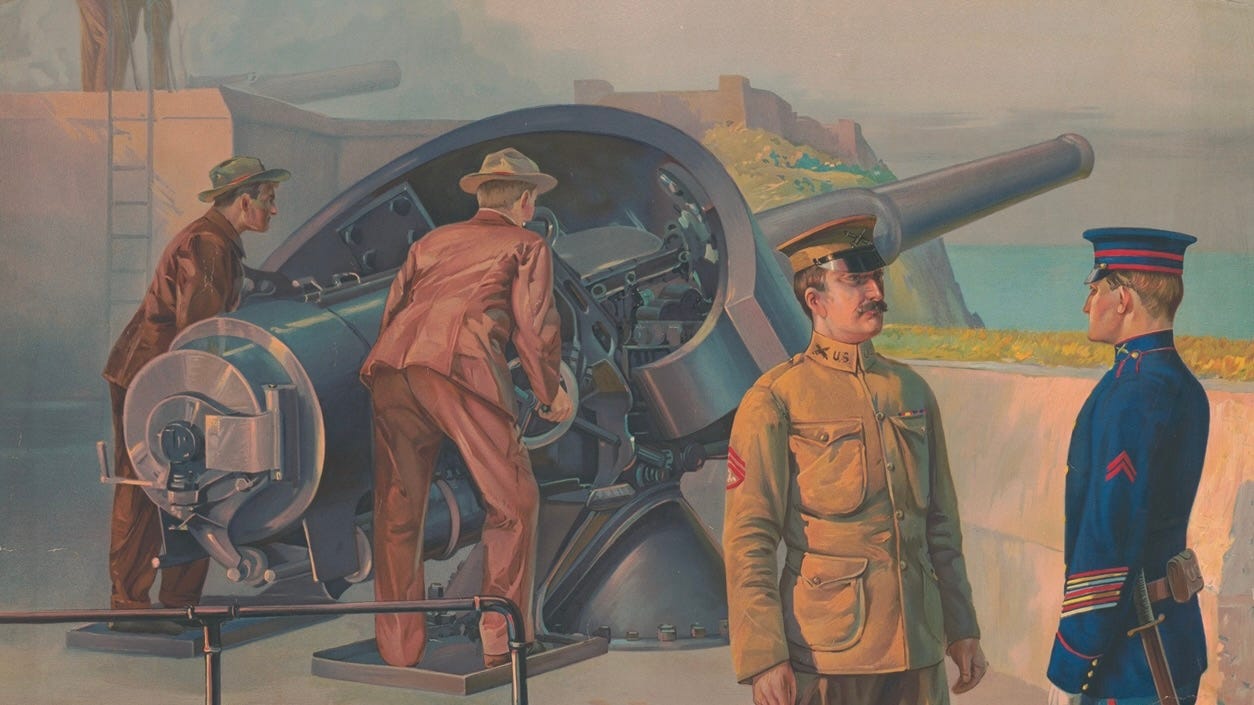Both sides do it. On Sunday, the Democratic Governor of Pennsylvania Josh Shapiro accompanied Ukrainian president Vlodymyr Zelensky on a photo op in a military facility, where they both signed their names on artillery shells. “We must all do our part in the fight for freedom — from the workers in Scranton who make Pennsylvania the arsenal of democracy t…
Substack is the home for great culture




